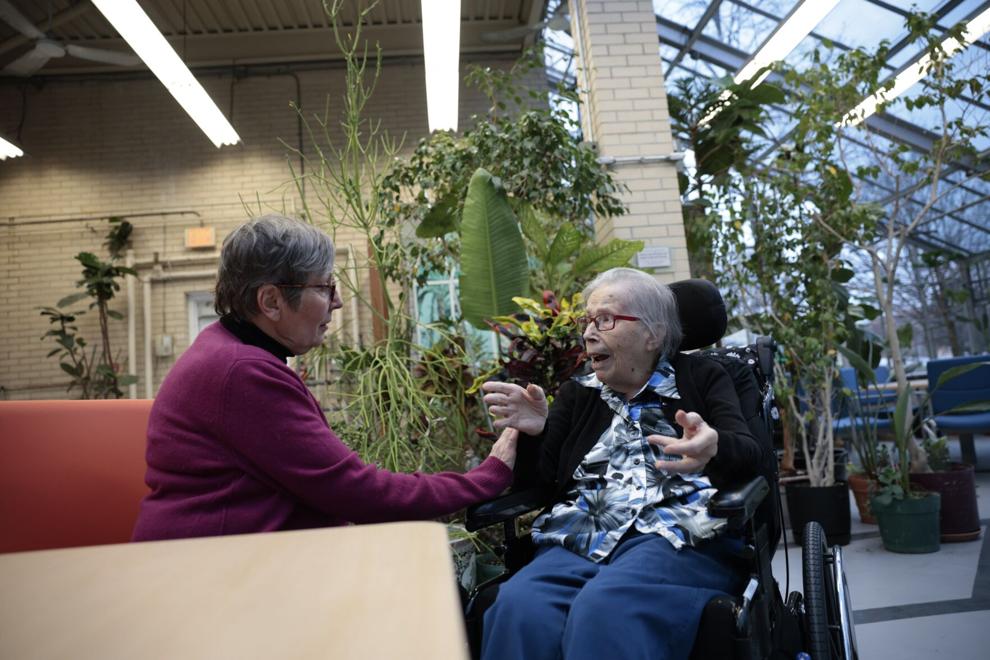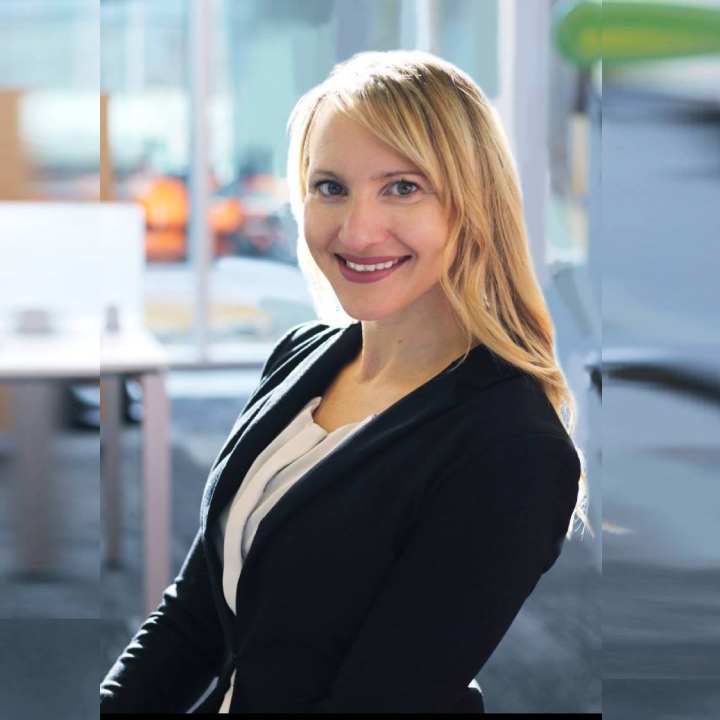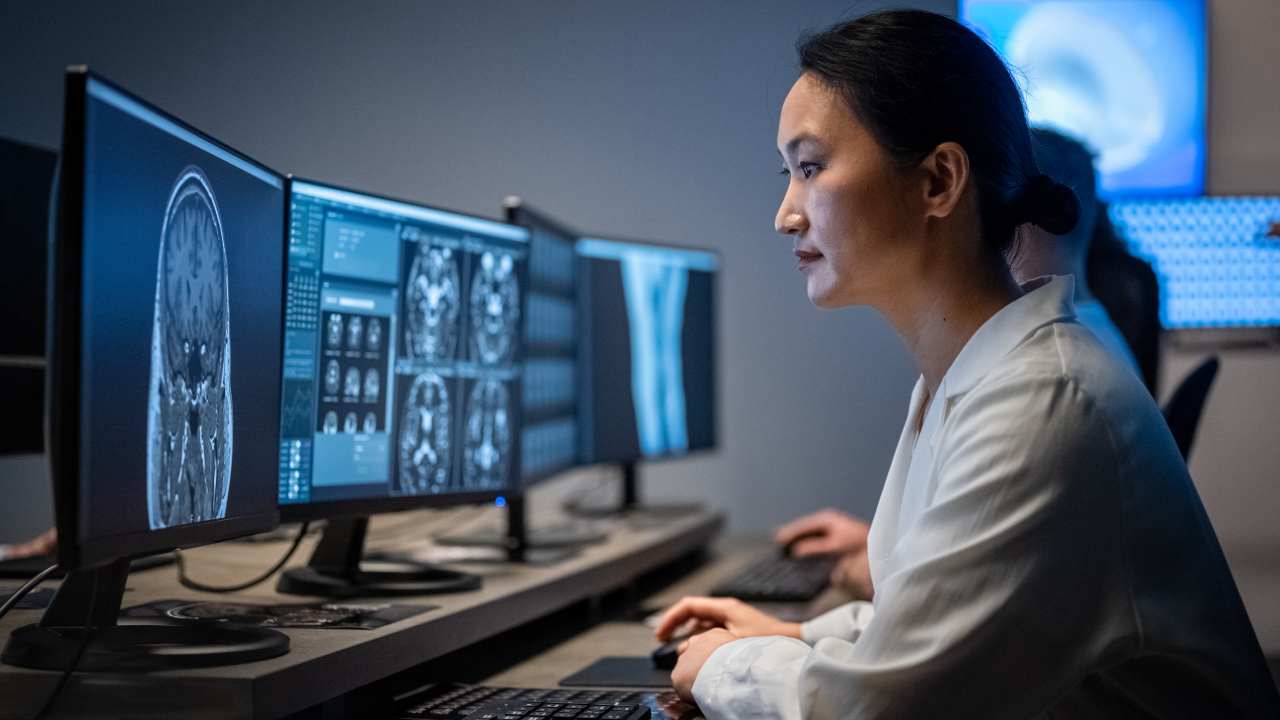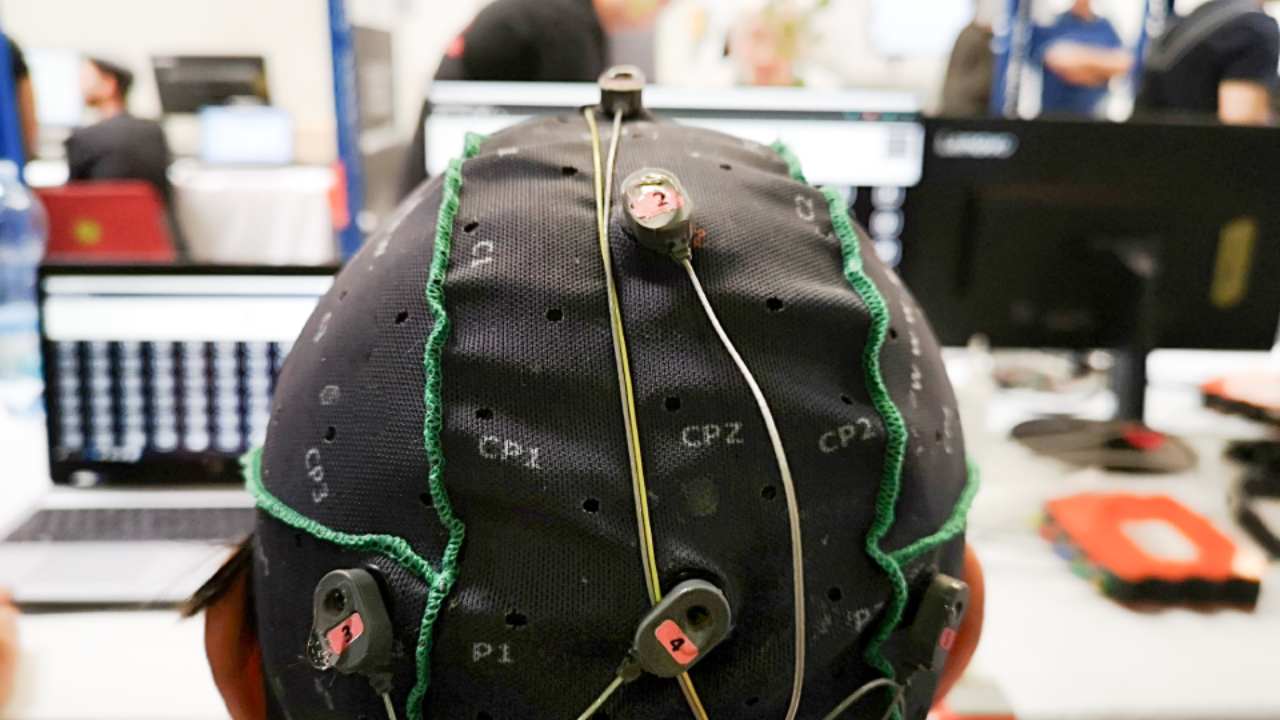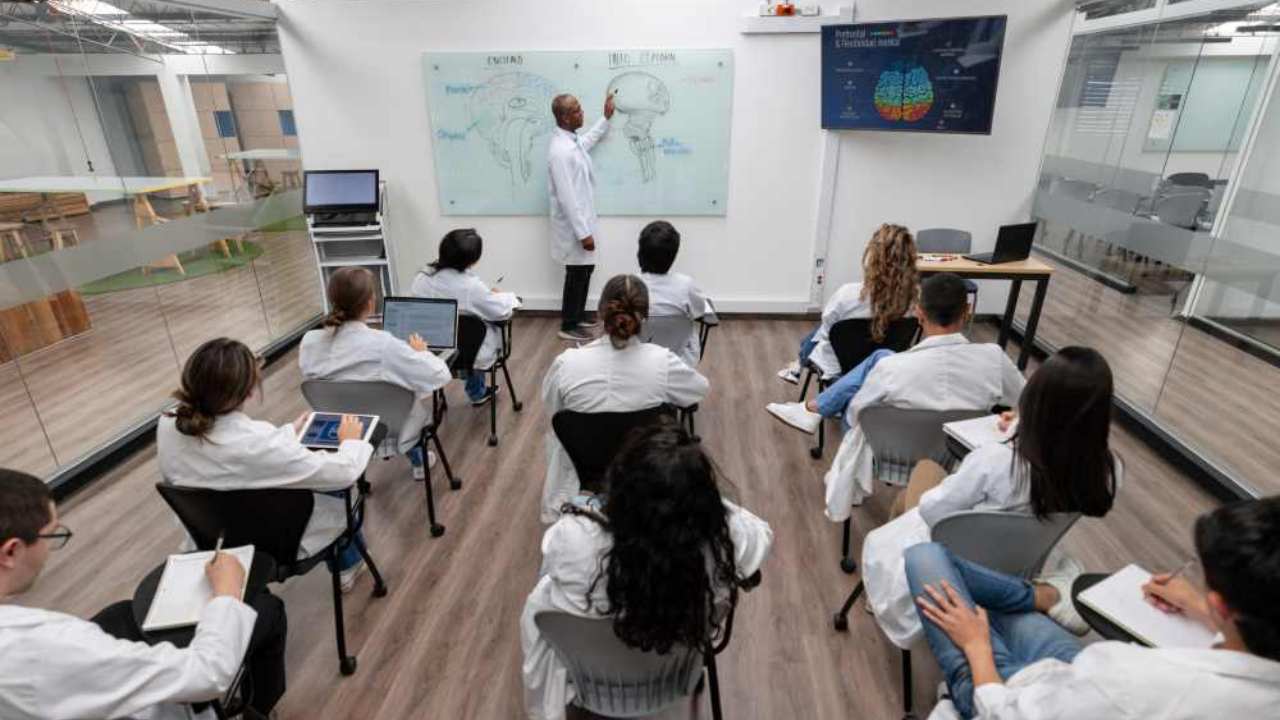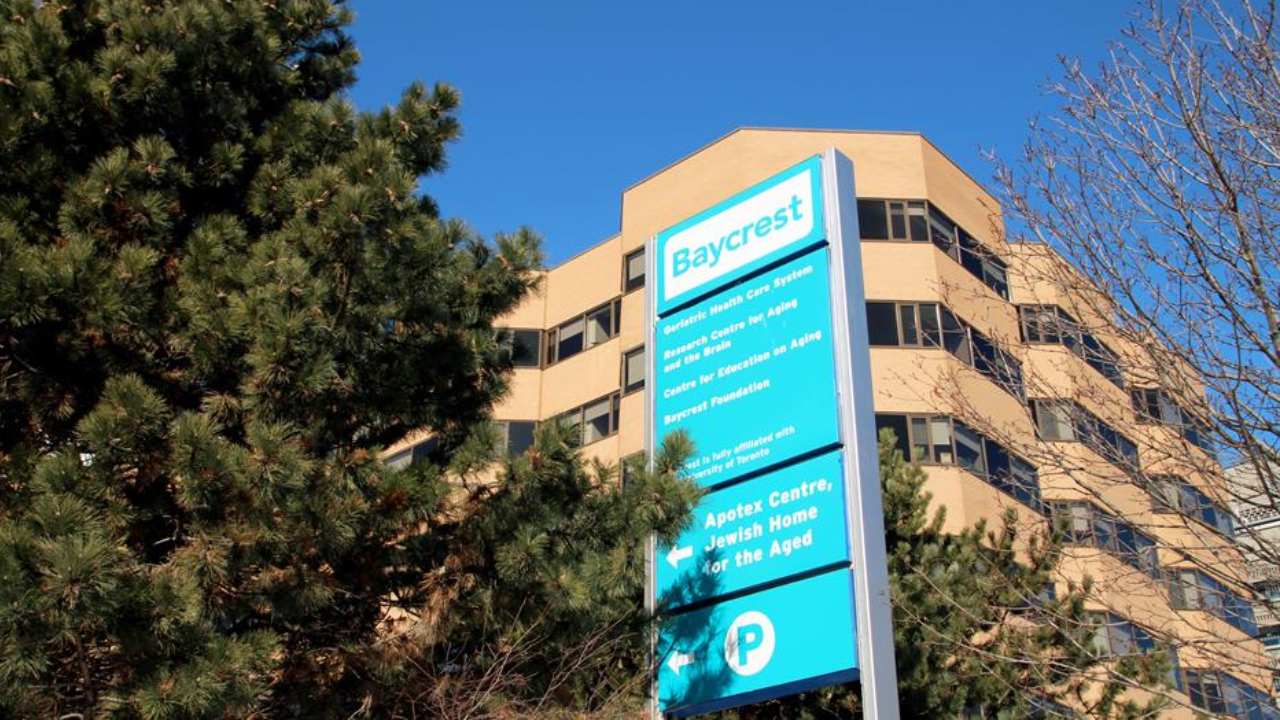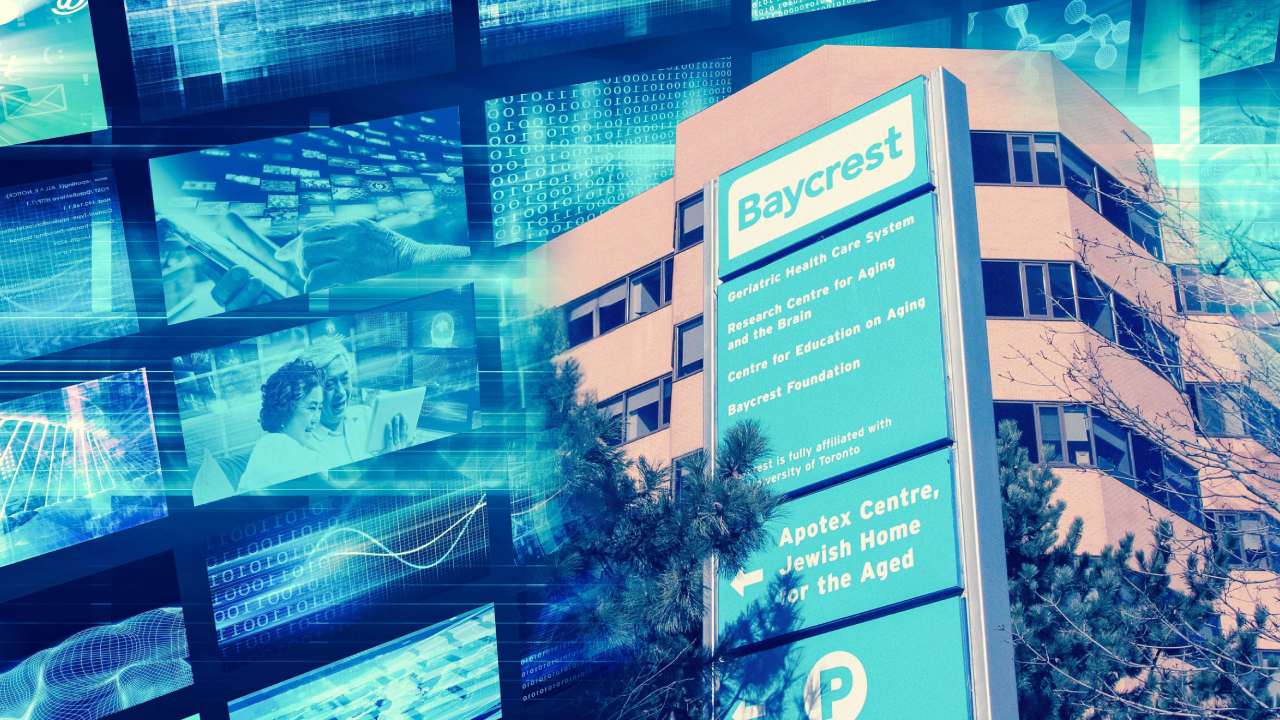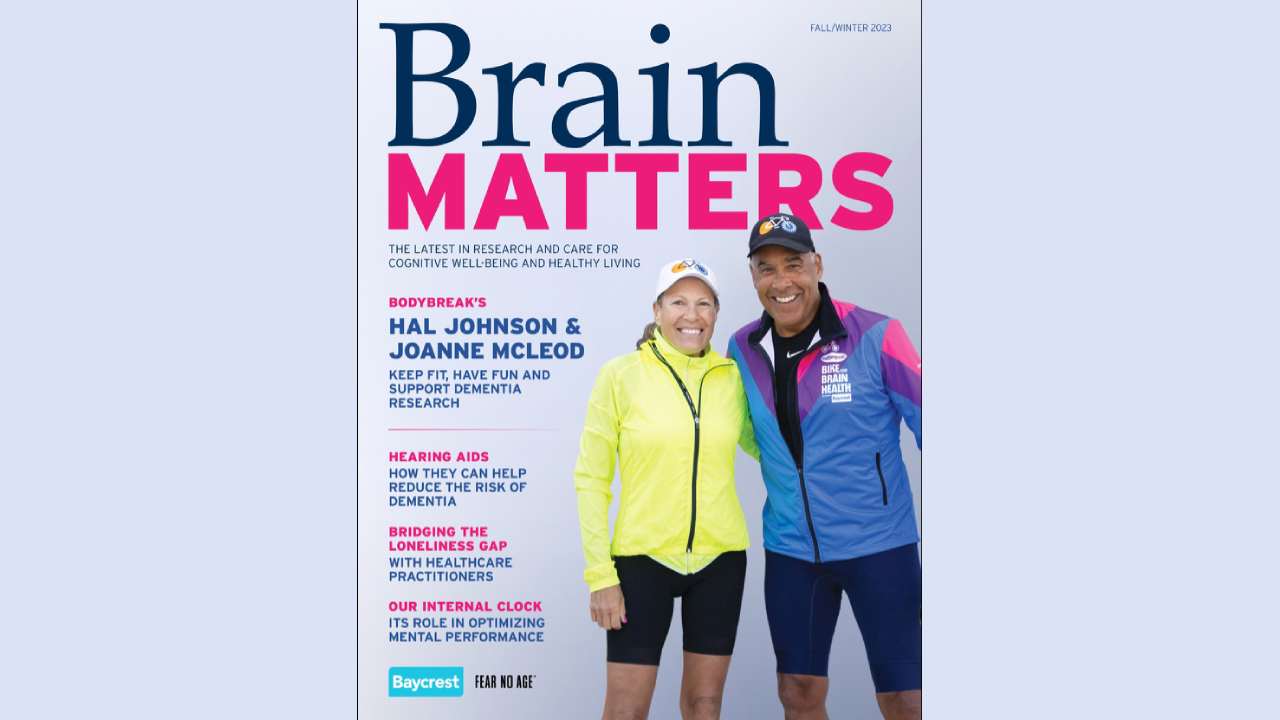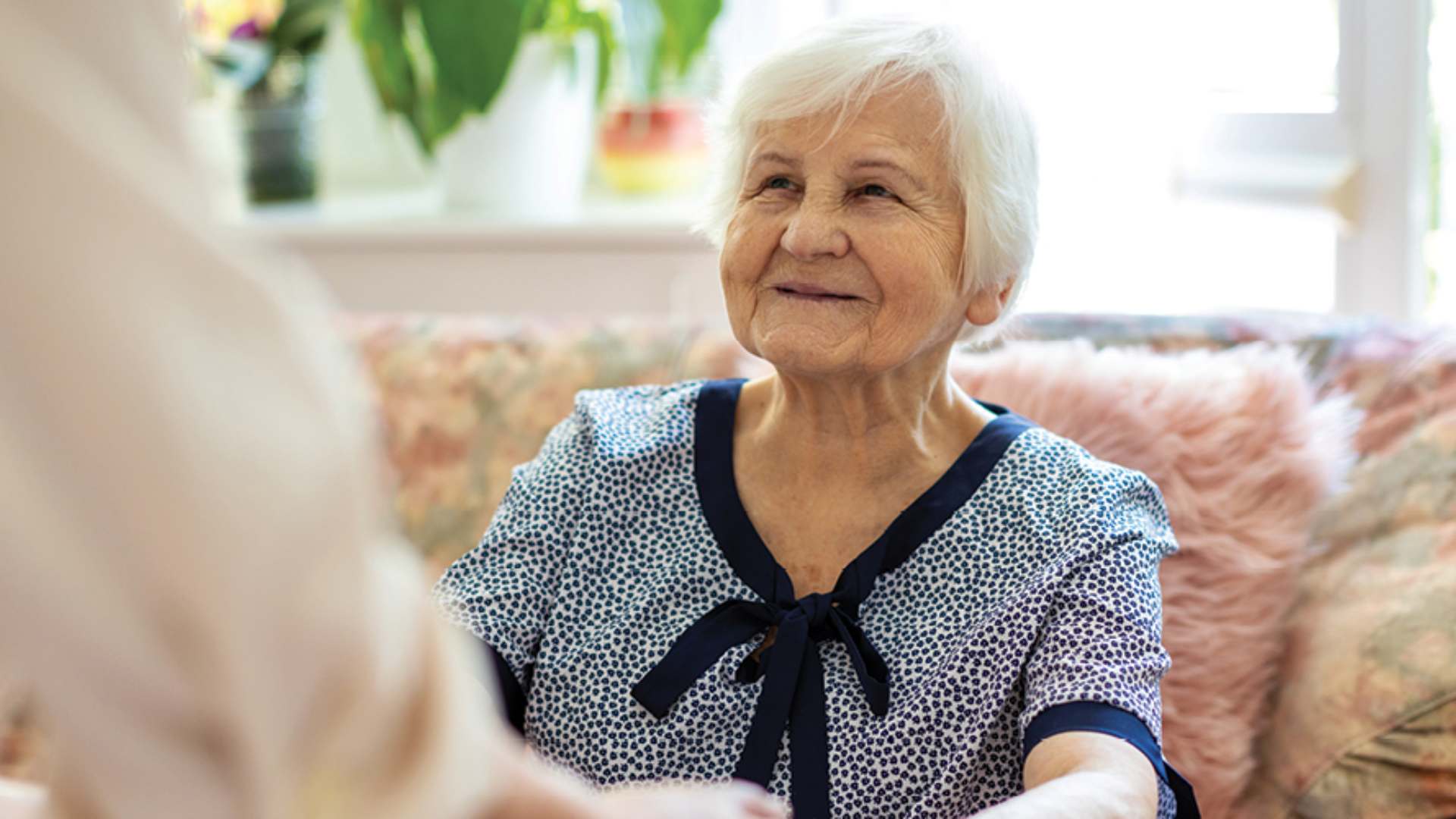
New Memory Care Model For Individuals Living With Dementia
According to the World Health Organization, by 2050, the world’s population of those aged 60 years and older is expected to total 1.5 billion, up from 900 million in 2015. Along with this shift comes an increase in the number of people living with dementia. Current estimates place the number of people living with dementia at more than 50 million. That number is expected to almost triple by the year 2050, which represents a unique public health challenge.
This new model of programming and care delivery is geared towards optimizing brain health while recognizing the person and supporting them in the best possible aging journey.
Dementia can be overwhelming, not only for those who have it, but also for their caregivers and families. However, new specialized models of care are being developed to provide benefits to individuals living with dementia, such as reduction in behavioral symptoms, an improved quality of life with increased autonomy, maximizing abilities, and social and recreational experiences that enable purpose and meaning.
At Baycrest, work is underway to complete the design of Possibilities by Baycrest™, a new approach to delivering care for those living with cognitive issues. The model is being piloted through Baycrest@Home and will be adopted as the care approach for the new Terraces Memory Residence. That transformational approach is intended for residential living environments to support persons living with dementia and their caregivers. This new model of programming and care delivery is geared towards optimizing brain health while recognizing the person and supporting them in the best possible aging journey, wherever one is at cognitively.
Possibilities is foundationally based upon honouring the whole person and maximizing their potential throughout their cognitive health journey by facing the realities of living with dementia, understanding each individual’s abilities and then identifying their unique possibilities.
In launching this model, Baycrest will introduce new tools and approaches that are underpinned by research in neuroscience and evidence-based knowledge, in addition to decades of clinical expertise in caring for older adults. The model leverages our partnerships with the Rotman Research Institute (RRI), Centre for Aging and Brain Health (CABHI), the Baycrest Centre for Education and Knowledge Exchange in Aging, and the Baycrest Innovation Office (BIO).
Over the past year, work was focused on advancing the development of the model and pilot testing certain components through Baycrest@Home. Additionally, a Lived Experience Advisory Group was formed and launched to inform the development and operationalizing of the model. In addition, planning for the adoption of the system in the new Terraces Memory Residence has been launched with the support of a Terraces Possibilities Implementation Team.
Work is now underway to develop a change management approach, as well as a new education and capacity building experience. This will be utilized by staff, clients and families as part of orientation, transitioning to the new model of care and for ongoing sustainable approaches to embedding the model into day-to-day practice.
This knowledge will not only change the way that care is provided through Baycrest, but also has the possibility to influence the delivery of memory care globally across residential settings.
A comprehensive evaluation of the model will be led through the Kunin-Lunenfeld Centre for Applied Research and Evaluation (KL-Care) at Baycrest. Results will help us to understand the impact of our new care approach on clients, families and staff, helping to inform growth of the model and delivery of care. This knowledge will not only change the way that care is provided through Baycrest, but also has the possibility to influence the delivery of memory care globally across residential settings.
Possibilities is revolutionary — it is changing the face of aging. It is about recognizing the fear that accompanies aging and dementia by identifying a world of possibilities and recognizing that this is not the beginning of the end, but the start of a whole new beginning.
Related Articles: News & Media, Brain Matters, Research, Care

